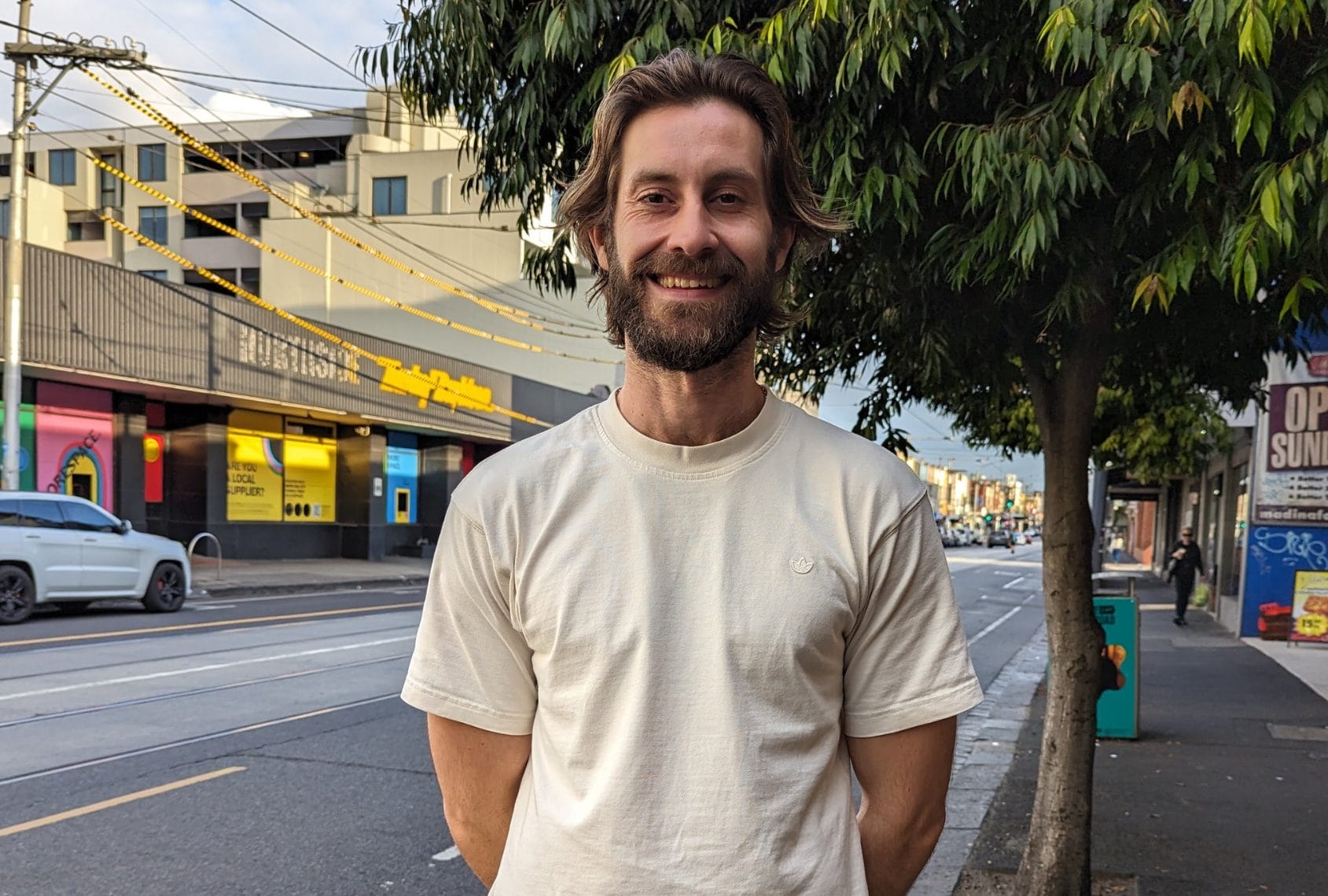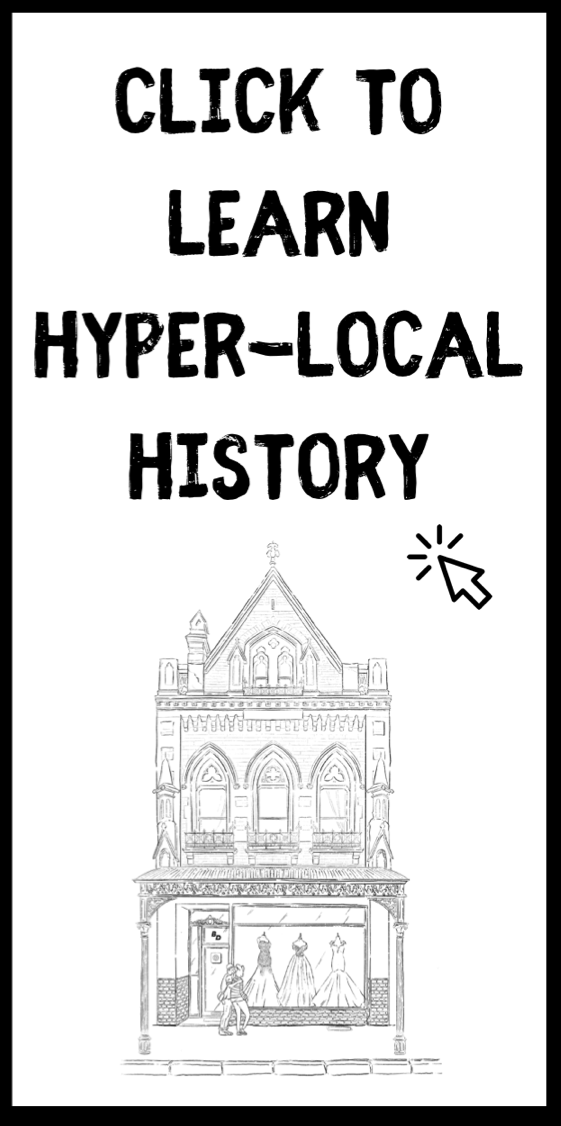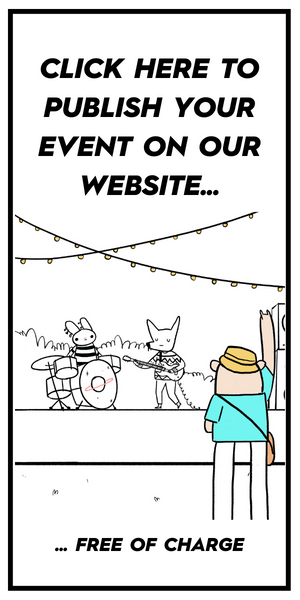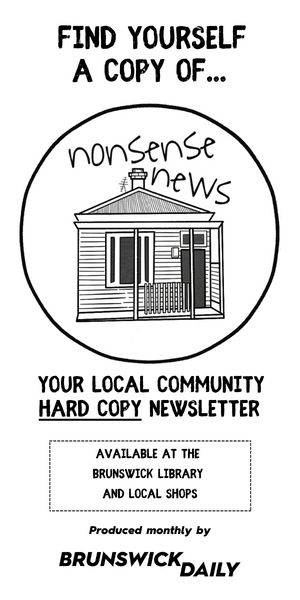Adam Pulford spent most of his early years in Darwin and even when he didn’t grow up in a political family, a series of social and personal events led him to politics.
Running campaigns to increase the Federal Government’s foreign aid contribution, being the youth representative to the U.N., campaigning for youth enrollment across Australia, and a degree in Sustainability and Spanish granted him perspective and a better understanding of the world and Australia’s political system.
Adam has been a local Councillor since 2020, and in 2023 he became the Mayor of the City of Merri-Bek in this conversation, he talks to us about the Mayor’s role, his priorities as Councillor, the potential impact created by the change of our city’s wards’ boundaries, and he suggests ways to approach your Councillors.
What do you think is the role of Merri-Bek’s Mayor?
It’s a very strange role especially in a Council like here. For example, in the City of Melbourne, the Mayor is directly elected by the people and they serve a four-year term whereas here the people elect the Councillors every four years and then each year the 11 Councillors elect one of ourselves to be Mayor.
It is largely, I’d say, a figurehead roll in the sense that you don’t get that much extra power but you do get paid more than a Councillor which comes with the expectation that you give more time.
As a counsellor you probably get paid for two or three days of work a week. So, unless you’re in a comfortable financial position, you have to have other work. Councillor is a very difficult job because you’re working in what could be a full-time role but you’re not paid full-time.
As Mayor, you are paid full time, you have an office and you can influence some of what Council does, but the Councillors set the agenda and we have to pass things through a chamber.
So technically there’s not much difference but I think the role is partly connecting people to Council and Council to people. It is also interesting that even though as Mayor I don’t have much more power than I did as a Councillor, the title has a different understanding. People understand it like “Oh, you’re a counsellor. Cool! Oh, you’re the man!”.
I think part of it is just being more publicly accessible and so people will come to you with issues or questions or ideas and then you help connect them to the right part of Council. You also have a leadership position in the community. Being Mayor gives you a platform to be able to talk about things that you want to talk about that are either important to the community or you think should be more important in the community.
What are your priorities as a Mayor?
I’v got four priorities.
Housing is one big issue. We need more housing in our community so more people have a place to call home but it also has to be good quality. The Council owns land in central Coburg and we’ve set a vision that we want more affordable housing built there.
Transforming Sydney Road because I think no one’s happy with how it is at the moment. Sydney Road doesn’t have either accessible tram stops or a safe cycling lane. We also have the State Government’s proposal to remove the level crossings in Brunswick and that brings us the opportunity to transform Sydney Road.
Safe and green streets to be able to deal with increased heats and more extreme weather events. We have to fundamentally change our streets to be able to deal with these things. Is a big ask but it’s also an opportunity for us to make our streets safer for everybody. If we plant more trees we act on climate but we also help create shade which helps making them more comfrotable for poeple to walk.
Another big one is Treaty. This is a chance for Aboriginal people to have the freedom and the power to make decisions on the issues that affect them. It’s handing decision-making power from white governments to Aboriginal people on issues like culture and country.
Having worked at the First People’s Assembly of Victoria I have a pretty good understanding of what Treaty would look like and there’s a opportunity for local Councils to join treaties with their local traditional owner groups. I’m keen for Council to be ready to participate in a treaty with the traditional owners.
At the moment Merri-bek has 11 Councillors that represent a total of three wards [North East, North West and South]. In the upcoming elections that will change. The number of wards will equal the number of Councillors. How do you think that will impact our Council?
I’ve heard from some residents that it might become more parochial. Each Councillor only caring about their own Ward to be able to prove to their electors and their voters that they’ve delivered for their ward. The concern is that it becomes less cooperative.
Other cities like Darebin, for example, switched to the single member Ward last election so it will be important to learn from their experience.
What do you think is a good entry point for citizens to approach Council when we notice something’s not working the way we think it should be?
There are lots of different ways. I think picking up the phone and calling the Council is always a good one. Sending an email is always good too, when residents start contacting us about an issue, if you get five emails about a topic that grabs our attention so it doesn’t require hundreds and hundreds of people and Council is pretty responsive.
We also have our Council meetings every second Wednesday night of the month with time allocated to public questions. People can come in or they can join from Zoom.
You can also invite your Councillor to come down and see what you’re talking about. Before coming here I met with some residents from Breese Street who are trying to make some improvements.
Thanks Adam.
Thank you, Pablo.





